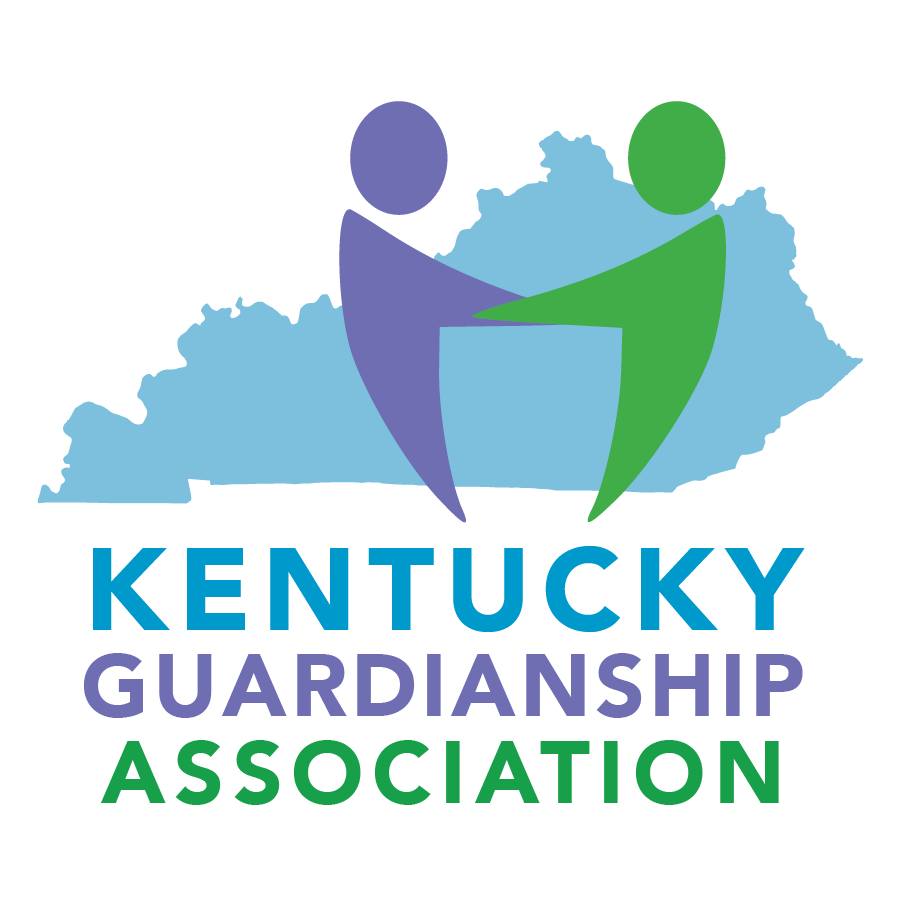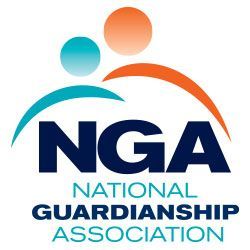Disclaimer: The Kentucky Guardianship Association does not provide legal advice nor does the organization represent parties in court or throughout the guardianship process. This information is provided for informational purposes only. Persons seeking legal advice should contact an attorney.
Disclaimer: The Kentucky Guardianship Association does not provide legal advice nor does the organization represent parties in court or throughout the guardianship process. This information is provided for informational purposes only. Persons seeking legal advice should contact an attorney.
Securing Your Loved One's Funds
A Special Needs Trust is an important planning tool for financial security for any person in a guardianship arrangement. It is an approved vehicle for securing the funds of an adult with guardianship in such a way that it does not jeopardize access to valuable government benefits such as Medicaid and Supplemental Security Income. It allows someone to participate in these government programs without exhausting their personal funds. For families caring for someone with special needs, a special needs trust provides peace of mind that the individual will be able to continue qualifying for these important programs. Without the ability to qualify for Medicaid, many people deplete their funds and the savings of their loved ones.
There are three types of special needs trusts: the first-party trust, the third-party trust, and the pooled trust.
- A First-Party Trust is funded with assets that belong to the person (the beneficiary) with special needs. In Kentucky, persons with disabilities who have more than $2000 may not be eligible for participation in the Medicaid program, a policy that excludes many people from qualifying for Medicaid. If an individual has a first-party special needs trust, they will not lose access to the government programs in spite of retaining assets in the trust. In meeting the health needs of the disabled, qualifying for Medicaid is crucial, and setting up a special needs trust will help an individual to avoid completely depleting their assets. At the time that a first-party special needs trust is dissolved, because the funds belonged to this individual, any remaining funds are used to reimburse Medicaid, up to the amount that Medicaid has paid on behalf of the beneficiary.
- A Third-Party Trust is funded with funds from family members and others who want to assist the special needs adult with their living expenses but want this person to continue to qualify for critical government programs. Both first and third-party trusts afford the beneficiary to live a more securely funded life with contributions from others without losing their access to Medicaid and SSI. When an individual has a third-party trust, people can make contributions or give gifts that will enhance the quality of their lives without jeopardizing government benefits. When a third-party special needs trust is dissolved, there is no obligation to reimburse the Medicaid program as these funds never belonged to the beneficiary.
- A Pooled Special Needs Trust holds assets from many different beneficiaries with special needs. Pooled Trusts are established and administered by non-profit organizations. The managers of a pooled trust generally are knowledgeable about agency rules regarding income and expenditure, SSI, and Medicaid. Often these managers have had their own experience with family members with disabilities and are personally attuned to the complex issues surrounding disability. Each beneficiary within the trust has a separate account, but the accounts are pooled for the purpose of investment and management of funds. This is beneficial to the beneficiary and family as this professional management and oversight provides a layer of expertise that is difficult and expensive to secure outside of a pool. The expenditure of funds for an individual beneficiary is done in proportion to their share of the total pool. A pooled trust is an excellent vehicle to assure that the disabled person's assets are protected, and personal funds are not depleted by the nursing home and general support expenses. These trusts are set up with the beneficiary's own money, and there is an obligation to reimburse Medicaid up to the amount Medicaid has paid on behalf of the beneficiary.
The Kentucky Guardianship Association (KGA) is a non-profit membership organization committed to improving adult guardianship in Kentucky. Visit our website at
www.kyguardianship.org and watch our video with its easy-to-understand overview of Kentucky guardian law. Protecting the quality of life of your loved one involves many factors, and KGA is a great resource for information on Special Needs Trusts.
Contact us to learn more about the process.


